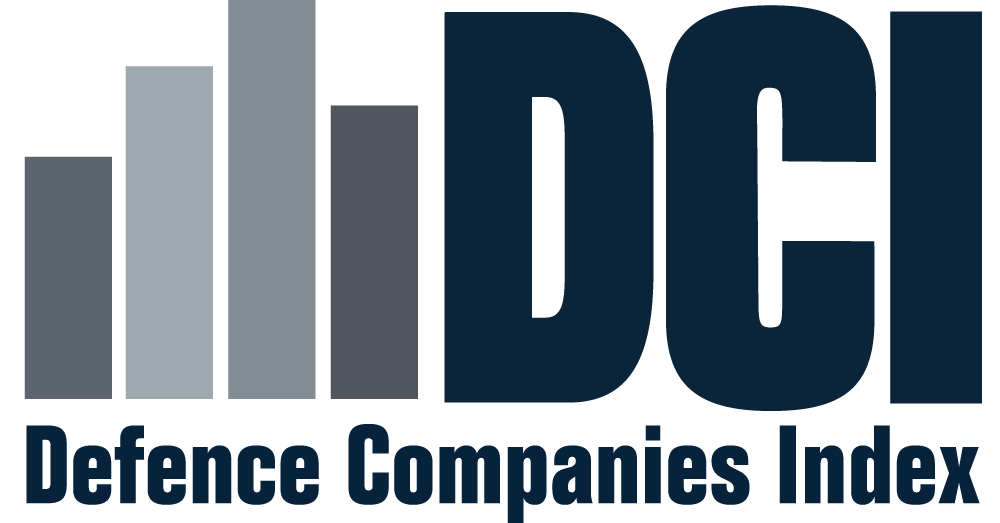The Defence Companies Index on Anti-Corruption and Corporate Transparency (DCI) is the world’s leading assessment of anti-corruption transparency in defence companies.
Produced by Transparency International Defence & Security, the DCI provides a unique insight into the level of commitment to transparency and anti-corruption standards in the world’s largest defence companies. By analysing what companies are publicly committing to in terms of their openness, policies and procedures, the DCI seeks to drive reform in the defence sector, thereby reducing corruption and its impact.
The DCI provides a framework of good practice that promotes accountable, transparent, and responsible governance in defence companies. This standard of good practice stems from our extensive experience over the last decade in working towards more accountable defence sectors. The DCI 2020 follows the Defence Companies Anti-Corruption Index published on two occasions in 2012 and 2015, but has been significantly adapted and renamed to reflect the extent of changes made to the content and research method.
Due to significant changes in the aim, focus, methodology, and question set of the 2020 index, any comparison with previous indices is not possible or appropriate.
In depth: What is the DCI?
The DCI 2020 assesses 134 of the world’s largest defence companies, across 38 countries. Each assessment of a company’s individual anti-bribery and corruption record is based entirely on publicly available information. In particular, we review the information published on a company’s website – including any relevant webpages, reports or documents – to determine the extent to which the company meets the level of commitment to transparency outlined in our scoring criteria. In reviewing company materials, we assess the completeness and accessibility of the information to promote transparency as an essential tool to mitigate corruption risks.
The DCI assesses key standards of anti-corruption and transparency in 10 distinct areas: leadership and organisational culture; internal controls; support to employees; conflict of interest; customer engagement; supply chain management; agents, intermediaries, and joint ventures, offsets; high risk markets; and state-owned enterprises. Each assessment can therefore be used to identify topics or control mechanisms where transparency is lacking, and provide a framework for change.
As an assessment of the commitment that companies make to transparency and anti-corruption, the DCI forms the basis of Transparency International’s advocacy and engagement with a broad range of stakeholders. It provides rigorous evidence-based data to civil society organisations, research institutions, international organisations, investors, and companies themselves. In addition, the DCI helps inform future research to better understand the impact of private sector opacity on corruption in the arms trade, as well as set standards for businesses and regulators operating in this sector.
The DCI is not a measurement of corruption, nor a substitute for internal audit. It does not provide a measurement of the most or least corrupt companies, nor does it indicate that those with a high commitment to transparency are free from corruption risks and vice-versa. The DCI is an assessment of the level of transparency and standards of anti-corruption in a company’s publicly available policies, procedures, and documents, which helps to reduce the risk of corruption in the sector overall. The index focuses solely on information that companies make available in the public domain: it therefore does not attempt to provide a comprehensive overview of all components of a defence company’s internal compliance programme or its effectiveness.



